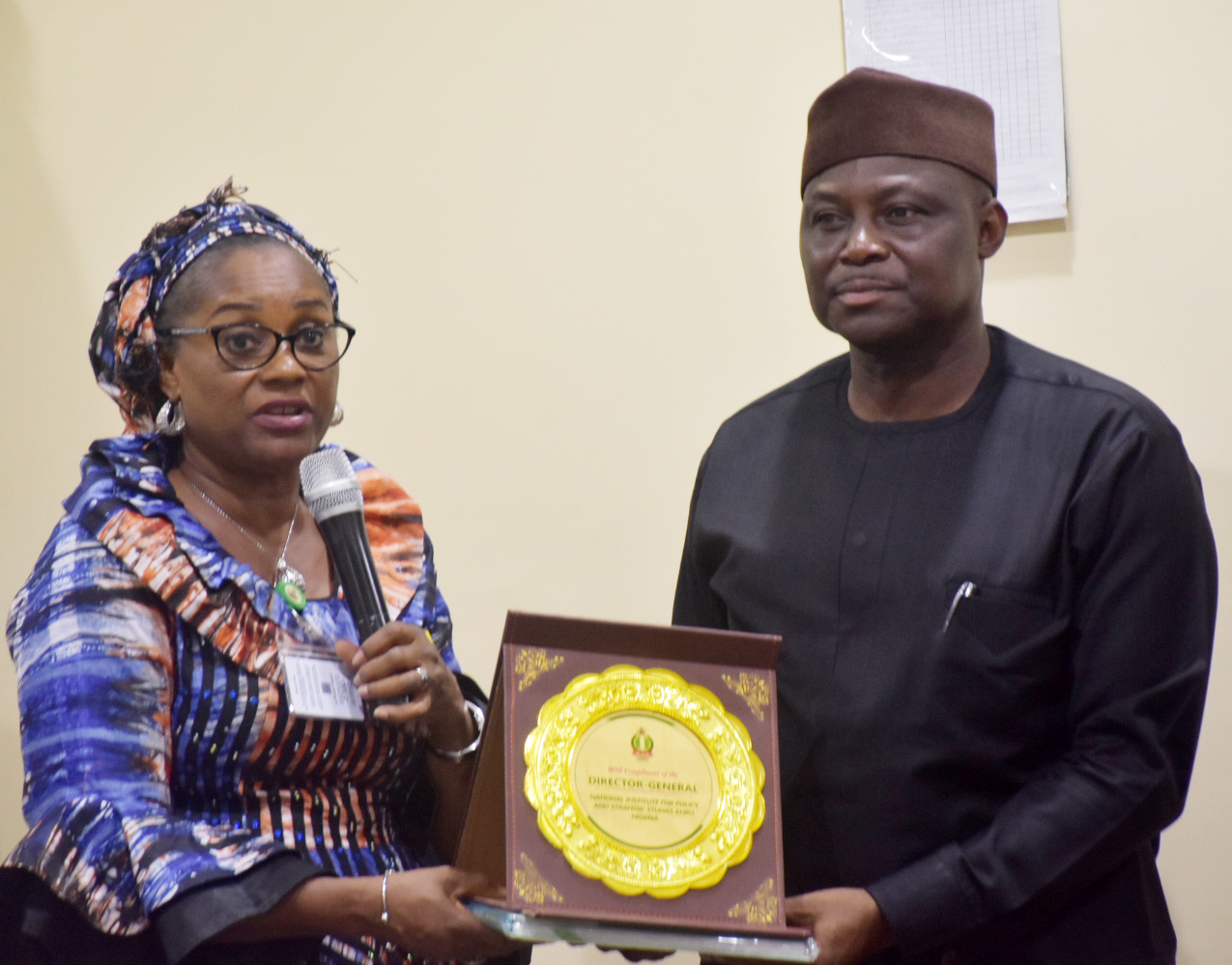The Nigeria Union of Journalists NUJ,Rivers State Council has reiterated its commitment to interpreting new Policies to empower citizens, not just report them.
The Chairman of Council Comrade Paul Bazia -Nsaneh made the commitment while responding to the Executive Chairman of the Rivers State Internal Revenue Service, Sir Israel Egbunefu when his team paid a courtesy visit to the Council.
Comrade Paul Bazia -Nsaneh emphasized the media’s role in interpreting policies for citizens in crucial economic changes like the new tax reforms .
He stressed that educating journalists about the New 2025 Nigerian Tax Laws by conducting trainings and workshops is paramount, focusing on how these reforms affect Journalists and the public.
According to the NUJ Chairman ” journalists are trained to look at the facts, if we must look at the facts , it will come from authorities like yours, hence it is very important that we are trained so we can properly inform members of the public”
” If journalists are properly equipped, they will in turn ensure that the people are educated” he added.
The Chairman who asked them to send their personnel to the upcoming Congress to speak to members assured them that the NUJ will play it’s role to ensure that the people are educated on the new tax law .
Earlier , the Executive Chairman of Rivers State Internal Revenue Service who was represented by his Special Adviser on Special Duties, Dr Emmanuel Legbosi said the Agency is poised to educate the citizens on the operations of the tax laws.
Dr Emmanuel Legbosi who stated that the visit to the Council is necessitated by Agency’s ongoing advocacy, said they are willing to partner with NUJ to ensure that the people are educated on the New Tax Regime, to ensure they get the information to the common man.
He noted that the new tax law signed into law by President Bola Tinubu in 2025 came with worries in the mind of the citizens, stating that their mission is to douse tension.
According to him, part of their mandate and with law that established the body is to ensure that the people are not duped by people who will pretend to be tax collectors ” we notice that people come from neighbouring states to harass citizens in the name of tax collectors”
” Our people need to identify what the law is and what the law is not, identify what is tax clearance and what is not a tax clearance”
” We want to work with you to see that all these are forestall, with NUJ being the forth estate of the realm , the news will be closer to the people” he added.
Dr Legbosi however, used the opportunity to commend the Executive Governor of Rivers State, Sir Siminalayi Fubara for tying projects such as the Port Harcourt ring road and the trans kakabari road to internally generated revenue.
[1/22, 5:01 PM] King Onunwor: Council Chairman Bars Street Trading At Oil, Its Environs
The Chairman of ObioAkpor Local Government Area had banned all forms of market and street trading within and the Rumuokwurusi Market popularly known as Oil Mill Market.
This was contained in a statement signed by the Council Chairman, Dr. Gift Worlu and made available to the public in Obio /Akpor Local Government Area within the week.
The statement stressed that the ban was total and applied at all times, being enforced 24 hours, day and night, Monday through Sunday, including weekends and public holidays.
” There will be no exceptions, waivers, or designated trading periods within the affected areas. No one is allowed to trade in the affected areas at any time”, it said.
This decisive action, according to the statement, became necessary following persistent disregard for Council directives by some individuals who have continued to engage in illegal trading activities within this corridor.
Their actions have rendered the area unconducive, obstructed free vehicular and pedestrian movement, posed safety and security risks, and caused undue inconvenience to residents and commuters who make daily use of this important roadway.
Consequently, all traders, hawkers, and roadside vendors operating within the affected areas are directed to vacate immediately.
It also warned that any defaulter will be arrested and prosecuted in accordance with the law, without exception.
“All security agencies within Obio/Akpor Local Government Area are hereby mandated to enforce this ban strictly, in collaboration with the Council Task Force, to ensure full compliance and restore order to the area. No individual or group is exempt from this directive”, it said.
The Chairman through the statement, called on members of the public to cooperate with the Council in maintaining a clean, safe, and orderly environment that reflects the dignity of the LGA and promotes the collective well-being of all residents.
The statement further revealed that the ban takes immediate effect and should be treated as bithyfinal notice and warning.





